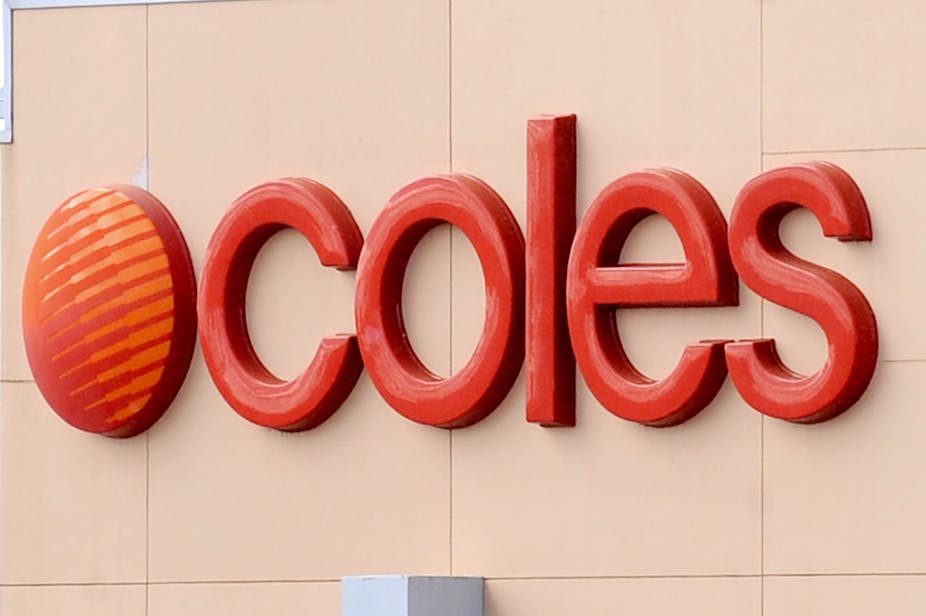My central problem with branded clothing is my reluctance to actually be branded. Why on earth would I pay to advertise someone?
When a Kiwi can make a motza from auctioning her buttock flesh to a strip club, when income can readily be reaped from wearing corporate T-shirts, that anyone would freely don a logoed jumper or a baseball cap – that they’d part with their own cash to do so – to me seems thoroughly perplexing.
And yet, while my wardrobe might be free from screen-printed and corporate-embroidered apparel, open your eyes on any thoroughfare and it is clear that a beloved brand, band, or ball team is often motivation enough for volunteering as a billboard. Some people will even pay handsomely to do so.
Getting people to not only buy your wares, but more importantly to actively endorse and advertise them, is the holy grail in marketing. A rare, but lucrative phenomenon whereby people come to love a brand – love the celebrities attached, love the values espoused or the lifestyles promoted – so much so that they’ll spend their own money to become an ambassador. Understanding just what motivates such brand enthusiasm is the PR promised land.
In a flagrant – and failed – toe-in-the water attempt at such crowdsourcing, Qantas, Coca Cola and Coles recently attempted to use social media to cajole their crowds to help with marketing.
Crowdsourcing can, of course, work well. Canadian cosmetics manufacturer MAC, for example, started off with a zero dollar advertising budget and became an industry juggernaut. Customers loved their products and felt compelled to tell others. American retailer Costco benefitted similarly: zero dollars on advertising, faith that their bargains would alone entice and proof that a good deal is often reason enough to trumpet.
Just as there’ll always be folks ready to wear Chanel sunglasses, wheel around the Louis Vuitton case and slip on the Nike t-shirt, there’ll always be people ready to spruik about something they adore. But they need motivation to do so. Qantas, Coke and Coles naïvely assumed that customers would feel somehow mandated to gloat on their behalf. Evidently they misjudged customer sentiment, customer goodwill and most peculiarly, assumed that the public would somehow have any interest at all in help them get free positive press.
Evidence of lacklustre judgment and a whole lot of wishful thinking!
The true beauty of word-of-mouth marketing is that the process is organic: the customer is genuinely pleased with a purchase and wants simply to tell others of their pleasure. When a corporation fishes for compliments however, particularly in an online environment infamous for voracious vitriol, trouble is courted far quicker than any gush or glory. Ask for feedback and a company might just get it!
The challenge for brands is to give consumers a reason to feel happy, delighted and enthusiastic enough to champion of their own accord. Crowdsourcing needs a whole lot more than hokey forums and corporate greed to make it work.

